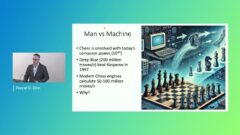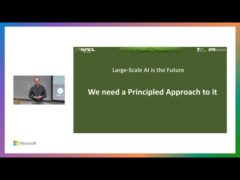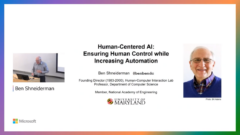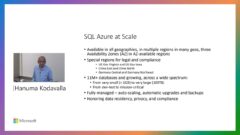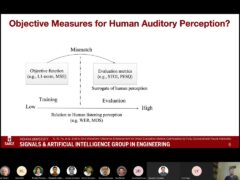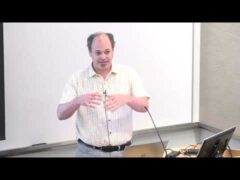Concurrency Testing Using Schedule Bounding: an Empirical Study
- Alastair Donaldson | Imperial College London
We present the first independent empirical study on schedule bounding techniques for systematic concurrency testing (SCT). We have gathered 52 buggy concurrent software benchmarks, drawn from public code bases, which we call SCTBench. We applied a modified version of an existing concurrency testing tool to SCTBench to attempt to answer several research questions, including: – How effective are the two main schedule bounding techniques, preemption bounding and delay bounding, at bug finding? – What challenges are associated with applying SCT to existing code? – How effective is schedule bounding compared to a naive random scheduler at finding bugs? Our findings confirm that delay bounding is superior to preemption bounding and that schedule bounding is more effective at finding bugs than unbounded depth-first search. The majority of bugs in SCTBench can be exposed using a small bound (1-3), supporting previous claims, but there is at least one benchmark that requires 5 preemptions. Surprisingly, we found that a naive random scheduler is at least as effective as schedule bounding for finding bugs. We have made SCTBench and our tools publicly available for reproducibility and use in future work.
Speaker Details
Alastair Donaldson is a Lecturer in the Department of Computing, Imperial College London, where he leads the Multicore Programming Group and is Coordinator of the FP7 project CARP: Correct and Efficient Accelerator Programming. He has published more than 40 peer-reviewed papers in formal verification and multicore programming, and leads the GPUVerify project on automatic verification of GPU kernels, which is a collaboration with Microsoft Research. Before joining Imperial, Alastair was a Visiting Researcher at Microsoft Research Redmond, a Research Fellow at the University of Oxford and a Research Engineer at Codeplay Software Ltd. He holds a PhD from the University of Glasgow.
-
-
Jeff Running
-
-
Series: Microsoft Research Talks
-
Decoding the Human Brain – A Neurosurgeon’s Experience
- Dr. Pascal O. Zinn
-
-
-
-
-
-
Challenges in Evolving a Successful Database Product (SQL Server) to a Cloud Service (SQL Azure)
- Hanuma Kodavalla,
- Phil Bernstein
-
Improving text prediction accuracy using neurophysiology
- Sophia Mehdizadeh
-
Tongue-Gesture Recognition in Head-Mounted Displays
- Tan Gemicioglu
-
DIABLo: a Deep Individual-Agnostic Binaural Localizer
- Shoken Kaneko
-
-
-
-
Audio-based Toxic Language Detection
- Midia Yousefi
-
-
From SqueezeNet to SqueezeBERT: Developing Efficient Deep Neural Networks
- Forrest Iandola,
- Sujeeth Bharadwaj
-
Hope Speech and Help Speech: Surfacing Positivity Amidst Hate
- Ashique Khudabukhsh
-
-
-
Towards Mainstream Brain-Computer Interfaces (BCIs)
- Brendan Allison
-
-
-
-
Learning Structured Models for Safe Robot Control
- Subramanian Ramamoorthy
-

